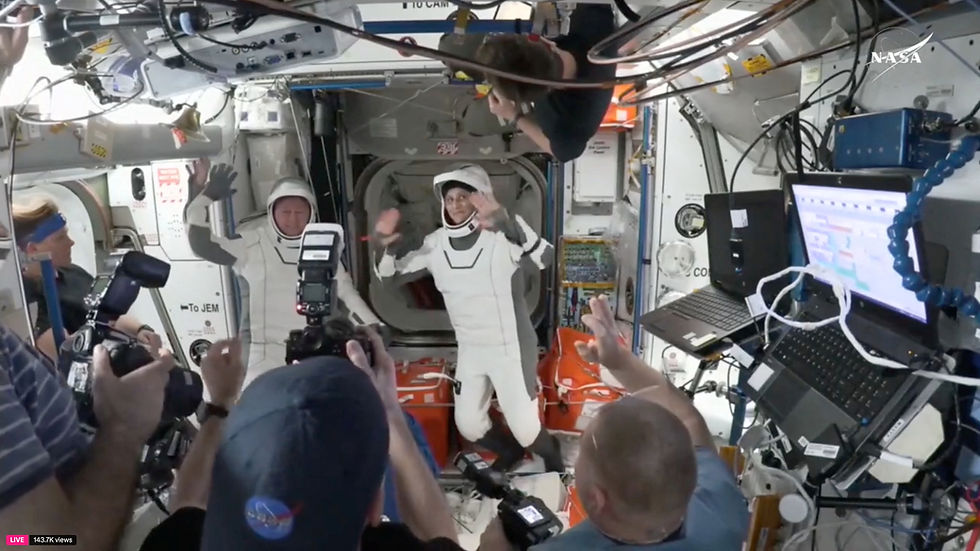Biovaxys Announces Issuance Of Dpx Related Patent From The U.S. Patent And Trademark Office
- News Agency
- Jul 23, 2024
- 2 min read

VANCOUVER, BC, July 23, 2024 - BioVaxys Technology Corp. (CSE: BIOV) (FRA: 5LB) (OTCQB: BVAXF) ("BioVaxys" or "Company") announced that the United States Patent and Trademark Office ("USPTO") has issued BioVaxys U.S. Patent No. 12,042,537. ("Patent") for inducing an antibody immune response from a low dose volume delivery of a B-cell epitope formulated with DPX™.
This Patent was recently allowed in #Japan and is currently pending in the European Union.
DPX™ is a proprietary lipid-based delivery platform with no aqueous component that can be formulated with a range of packaged antigens, proteins, peptides, mRNA, or small molecules. Its unique "no release" mechanism of action allows antigen presenting cells (APCs) to be attracted to the injection site, facilitating a robust and long-duration immune response.
The smallest dose of a currently approved vaccine is 0.1ml for Sanofi-Pasteur's Fluzone™ Intradermal Quadrivalent vaccine. Low dose volume delivery of DPX™ formulated B-cell epitope is designed to be delivered in single low dose volume of less than 100 µl that can package 5µL to 50 µL of of an antigen comprising a B-cell epitope.
An epitope is the part of an antigen that the host's immune system recognizes, eliciting the immune response to an invading pathogen. It specifically binds to the corresponding antigen receptor on the immune cell (such as a B-cell). Whereas T-cells protect people from getting infected by destroying cancerous and infected cells, B-cells produce antibodies to fight infection.
Potential applications of this technology include epitope-based vaccines for diseases such as chronic hepatitis-B, #influenza, and Respiratory Syncytial Virus (RSV)---where BioVaxys' clinical study data is encouraging for product development.
In a prior randomized, observer-blinded, first-in-humans Phase 1 study of a novel synthetic RSV antigen based on the ectodomain of the small hydrophobic glycoprotein (SHe) of RSV subgroup A formulated with DPX ("DPX-RSV"), the data showed that more than nine months after the last vaccination, 15 of 16 participants (93%) who received DPX-RSV demonstrated antigen-specific immune responses. One dose was tested out to one year and 100% of older adults (7/7 immune responders) maintained antigen-specific immune responses one year after receiving the booster dose. After one year, their antibody levels measured were still at peak with no sign of decrease.
BioVaxys President and Chief Operating Officer Kenneth Kovan stated "Issuance of this Patent by the #USPTO expands the value of our IP and DPX platform, and puts the Company on strong footing for further development and partnering with companies developing epitope-based vaccines for diseases such as chronic hepatitis-B, influenza, and RSV, where we have such promising human study results."
Source: BioVaxys Technology









.png)








Comments